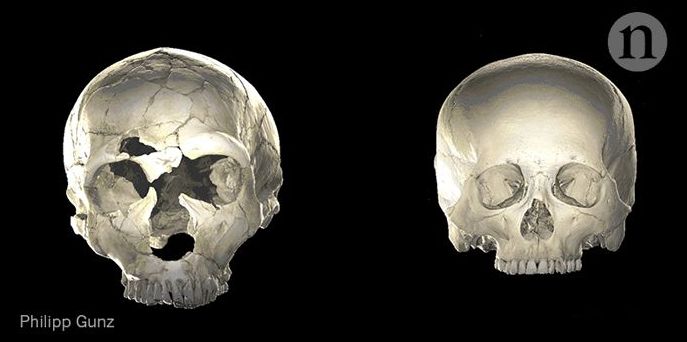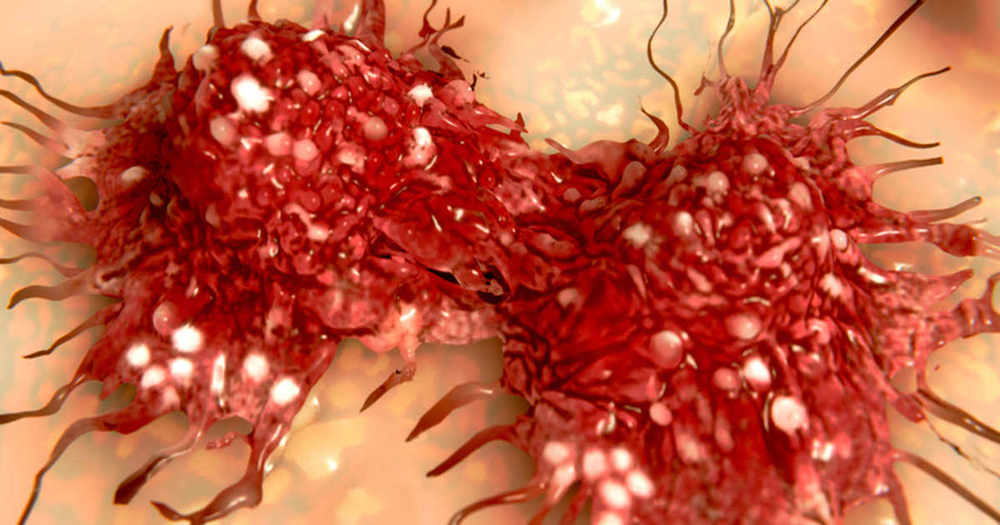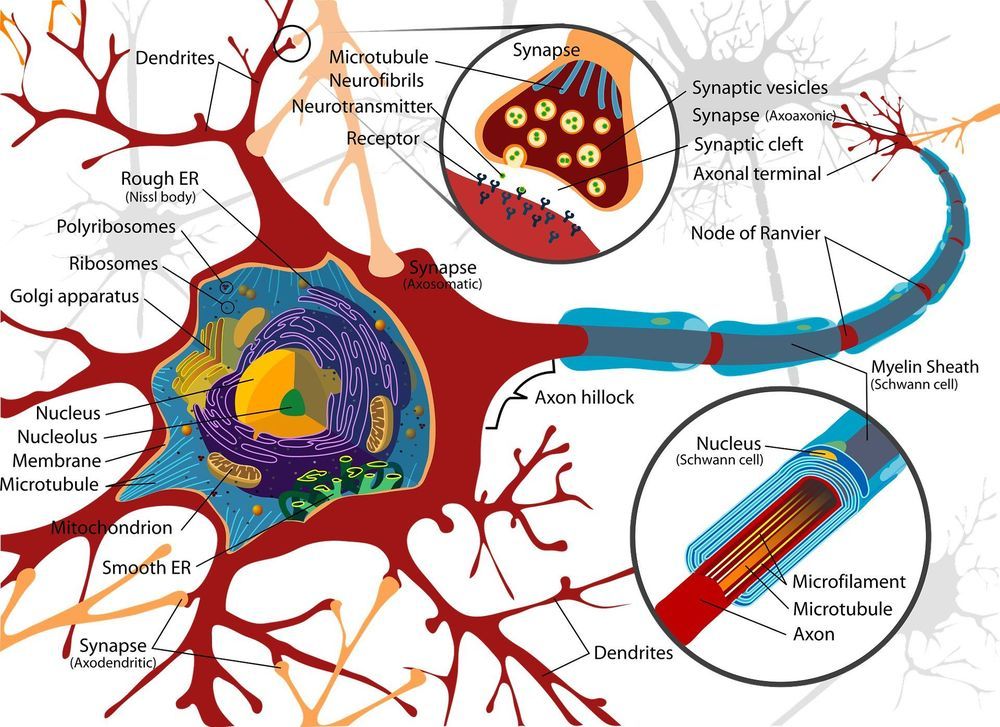Mar 2, 2020
Researchers say coronavirus likely spread silently in Washington for weeks
Posted by Mike Diverde in category: biotech/medical
Wuhan coronavirus pandemic — washington state.
Scientists suggest it has spread in King County for 6 weeks already.
“That being so, Bedford and other researchers believe the virus has likely been spreading through the community undetected for close to six weeks. Researchers estimate that could mean anywhere from 150 to 1,500 people have been infected here, with the most likely number being between 300 and 500.”
Continue reading “Researchers say coronavirus likely spread silently in Washington for weeks” »


















